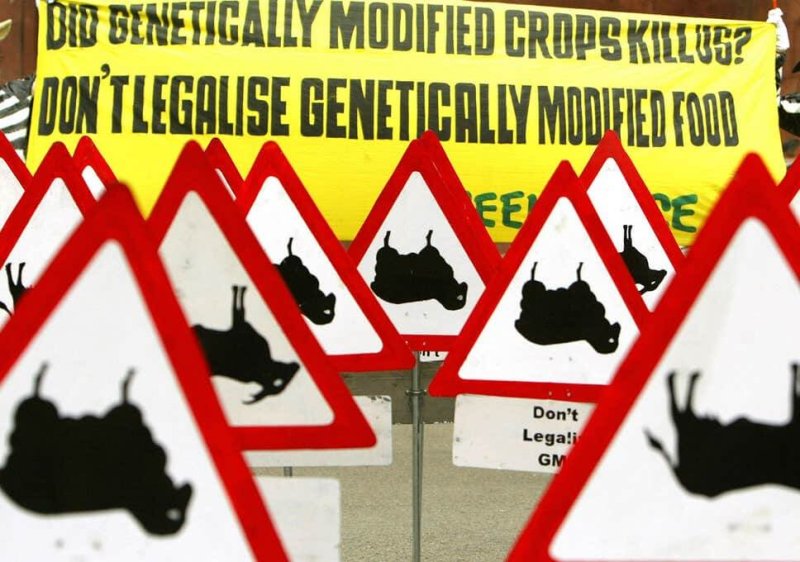Whether we are talking about genetic engineering or glyphosate, scaremongering threatens our prosperity.
Three-quarters of the Swiss are afraid of green genetic engineering, although there is no scientific reason for it. Non-governmental organizations know how to manipulate these fears – and politicians are driven by them. This scares researchers across Europe and damages all of us.
…
These examples from a survey by the Chair for Consumer Behavior at ETH illustrate: We romanticize naturalness and fear everything “chemical”, so that researchers created the term chemophobia for it. It is paradoxical: We live three times as long as our ancestors around 1800, we are better than ever, and yet we are afraid of everything possible. However, “naturalness” is by no means always a good guide. To take up the initial question again: Even naturally occurring substances can have a toxic effect.
…
This can be seen from the issue of how farmers remove weeds from his field. For some time now, people have been heating up about the chemical weed killer glyphosate. It was brought to market success by the American company Monsanto, which now belongs to Bayer. Monsanto serves as a scapegoat for those who think that agriculture is too far removed from its ‘natural’ foundations. However, glyphosate has the great advantage for the farmer [and the environment because it requires little tilling, which requires carbon-belching machinery and results in carbon release from the soil] because he has to plow less. This helps soil quality, prevents erosion and is better for the climate than most alternatives because less CO 2 is released.
In organic farming, of course, copper is sprayed as a component of the use of ‘natural pesticides’. This heavy metal is deposited in the soil over time. The German Federal Institute for Risk Assessment is concerned that our soil is being polluted. Nevertheless, the EU has recently approved copper compounds in crop protection products for another seven years. Isn’t it paradoxical that glyphosate is to be banned in Germany at the end of 2023, but nothing is being done to limit the widespread use of heavy metal copper by organic farmers? And not only that: The aforementioned risk assessment institute complained about massive political influence when it was time to evaluate glyphosate. The institute, like approval agencies worldwide, came to the conclusion that the product was not carcinogenic.
…
Certainly whether one approves of controversial technologies is always a matter of weighing up advantages and disadvantages. This calculation becomes a farce, however, if NGOs succeed in proving techniques with a stigma.































